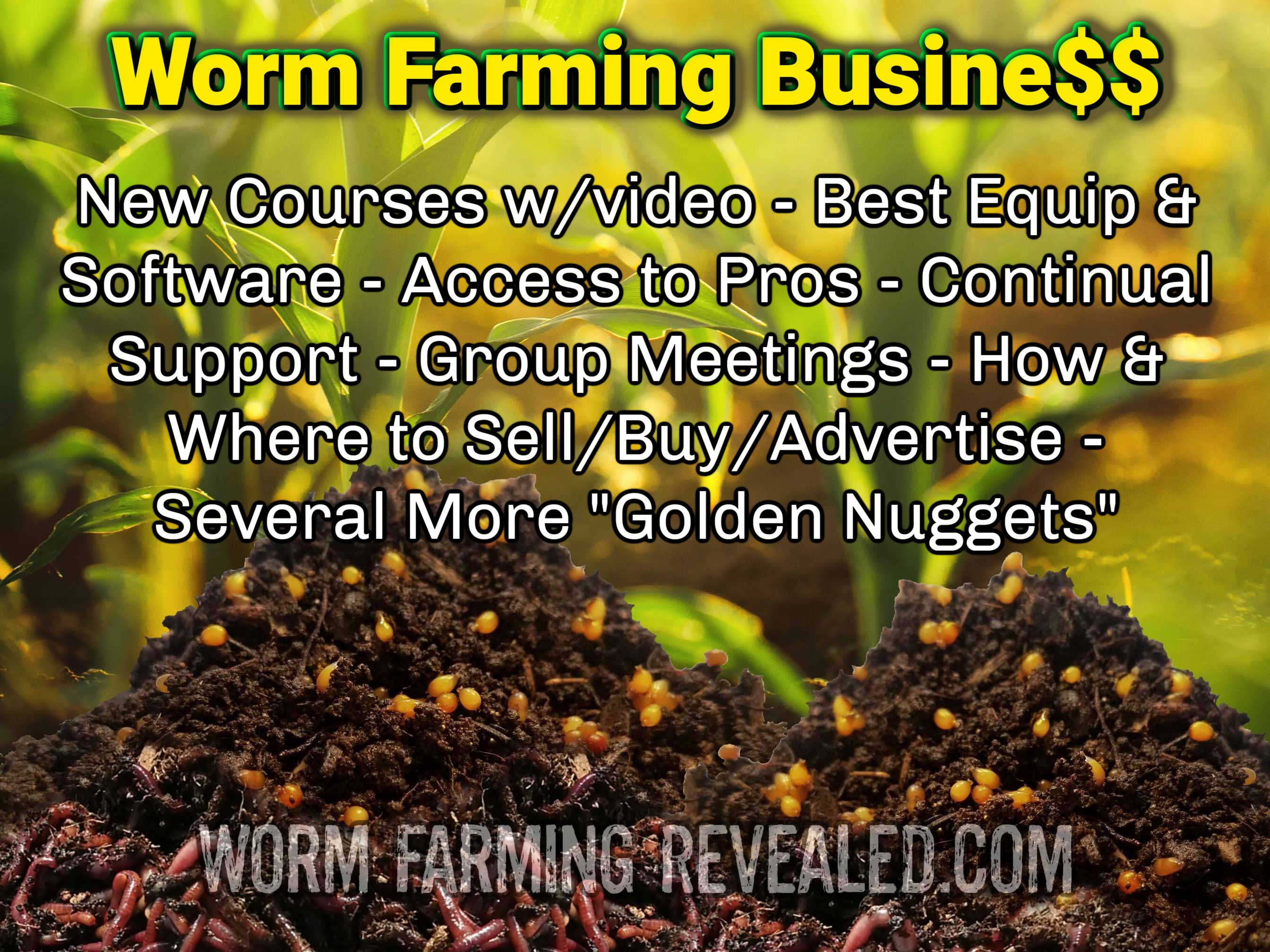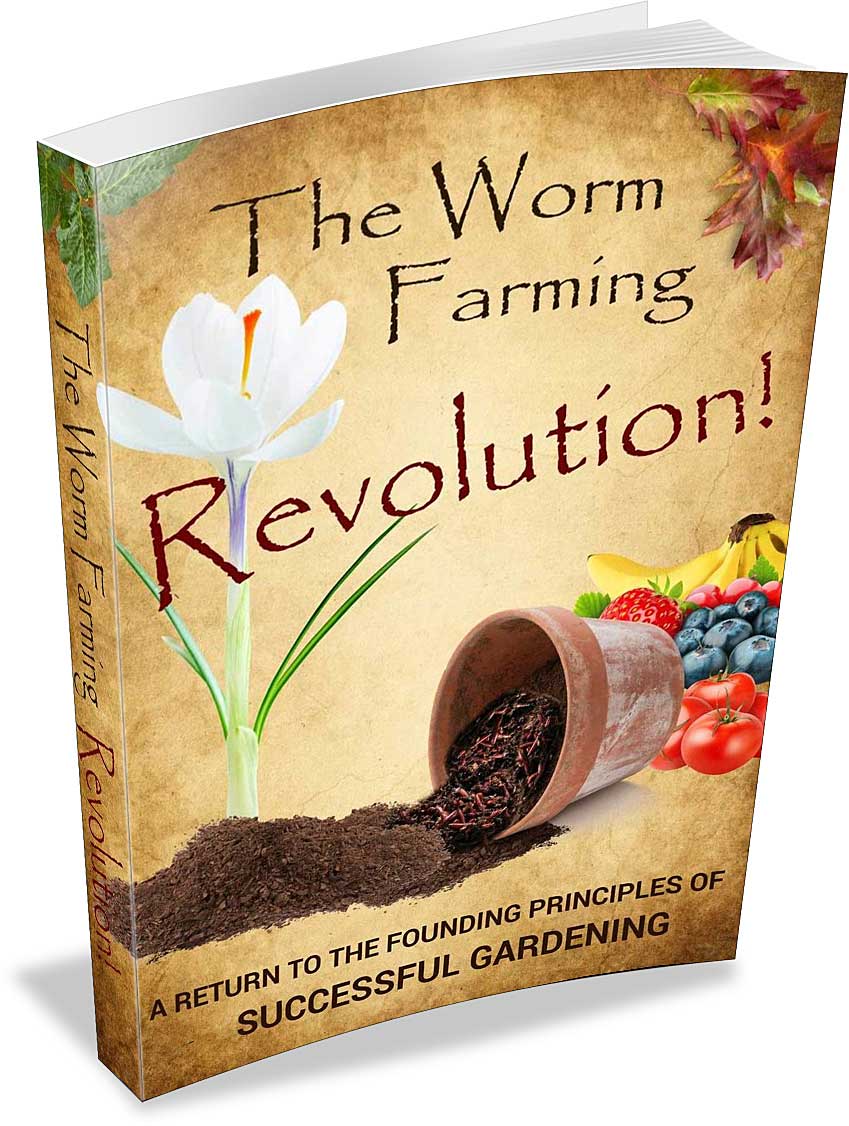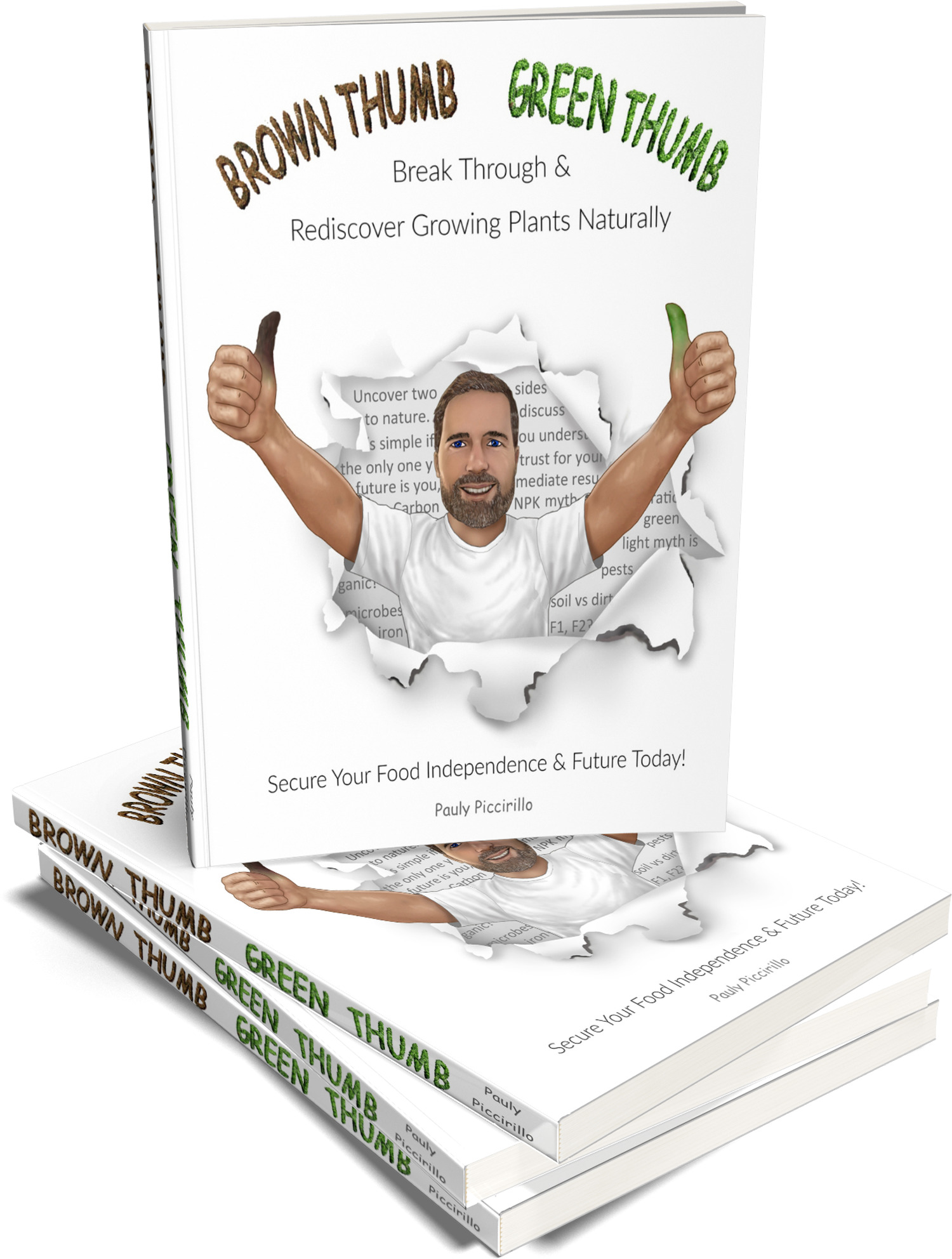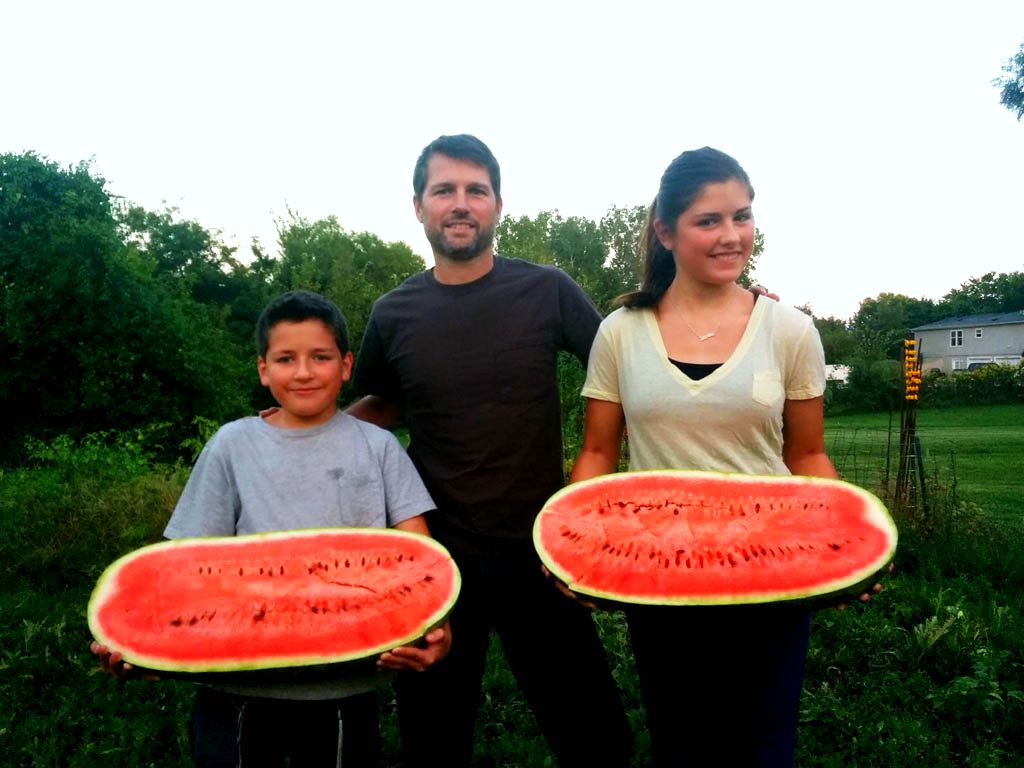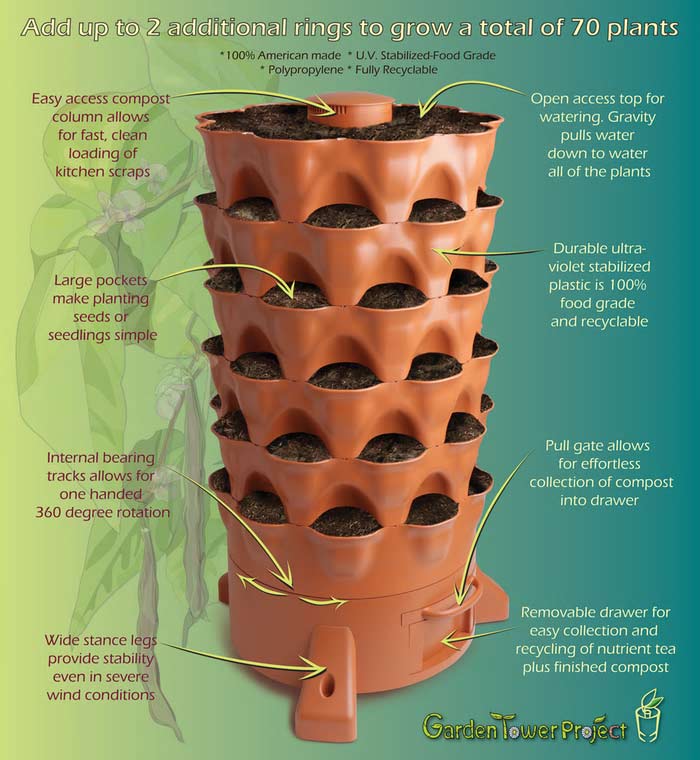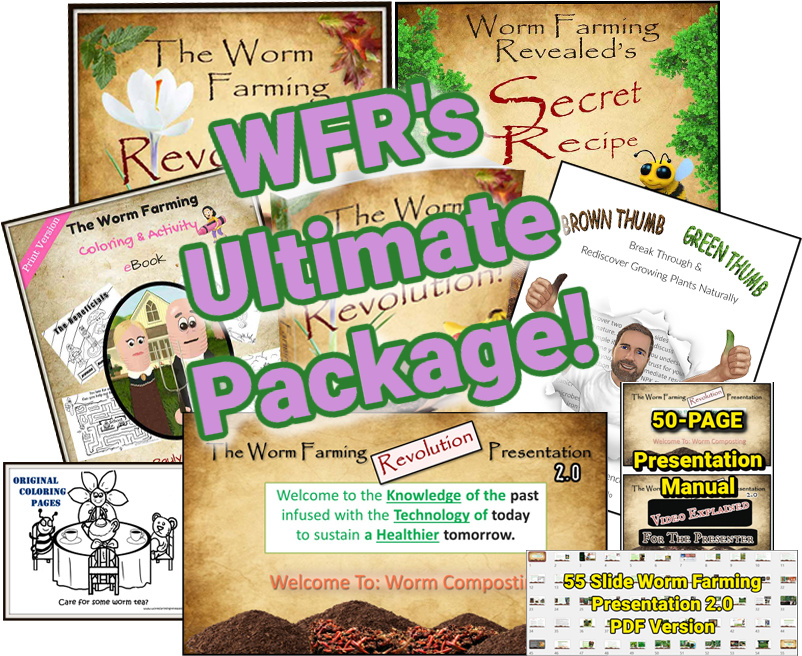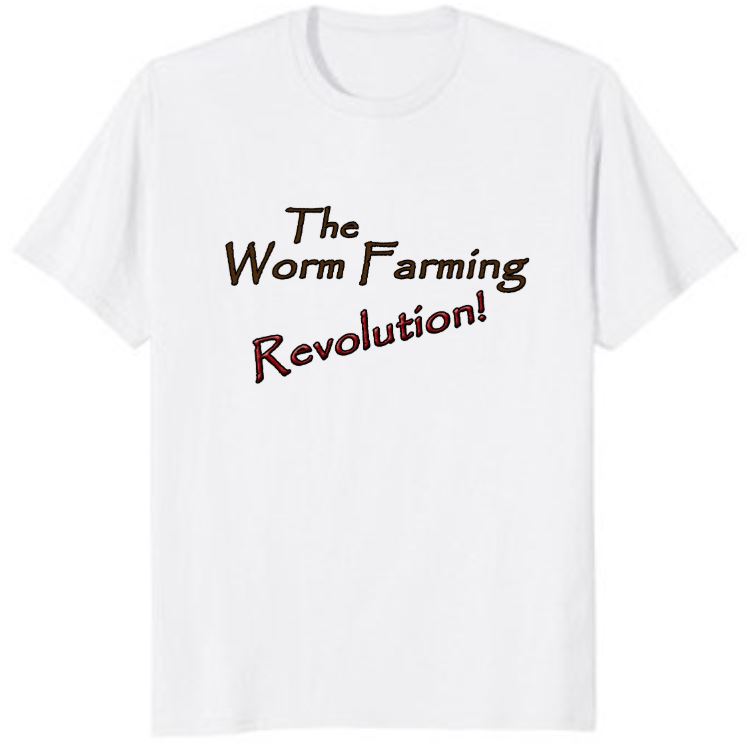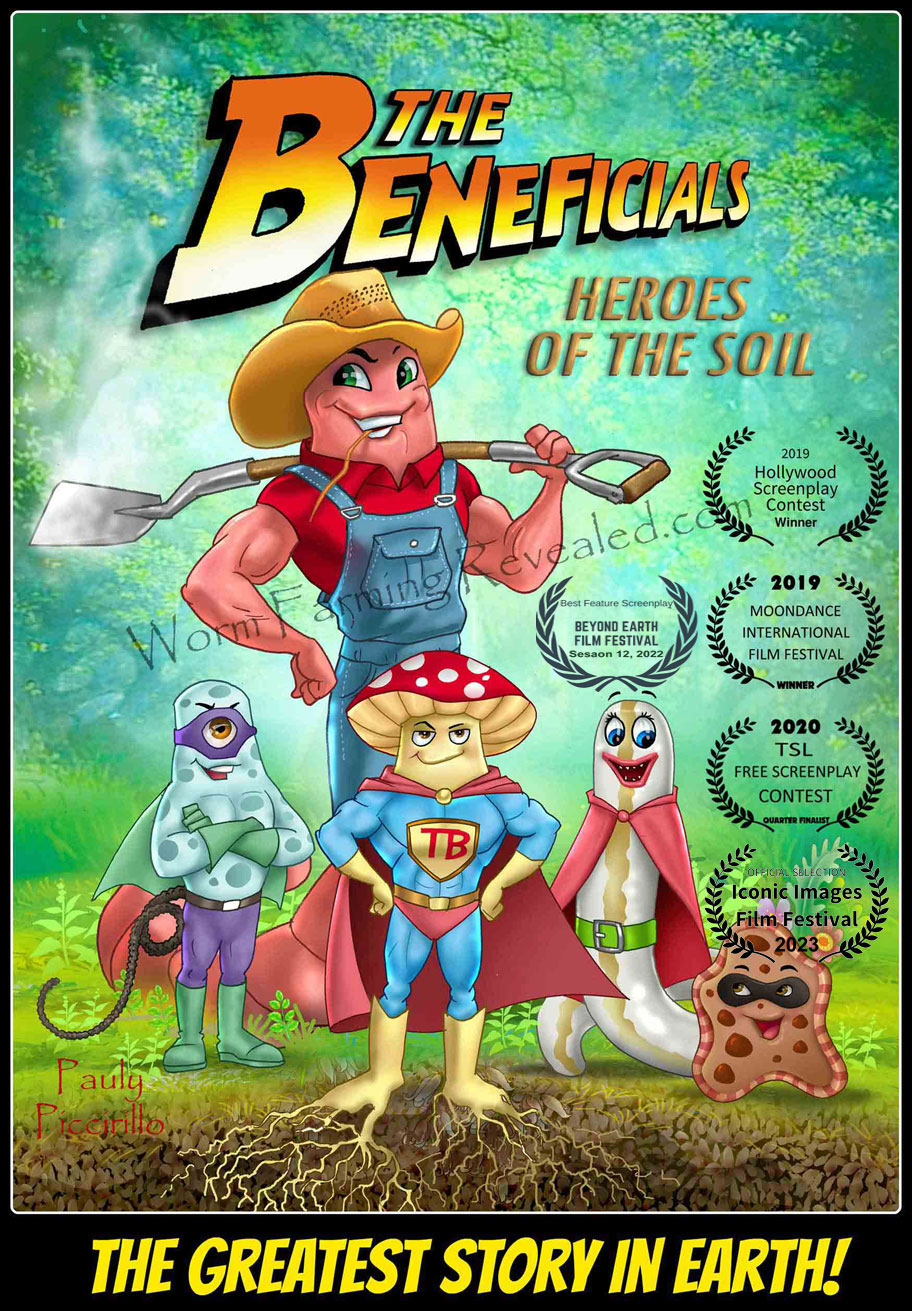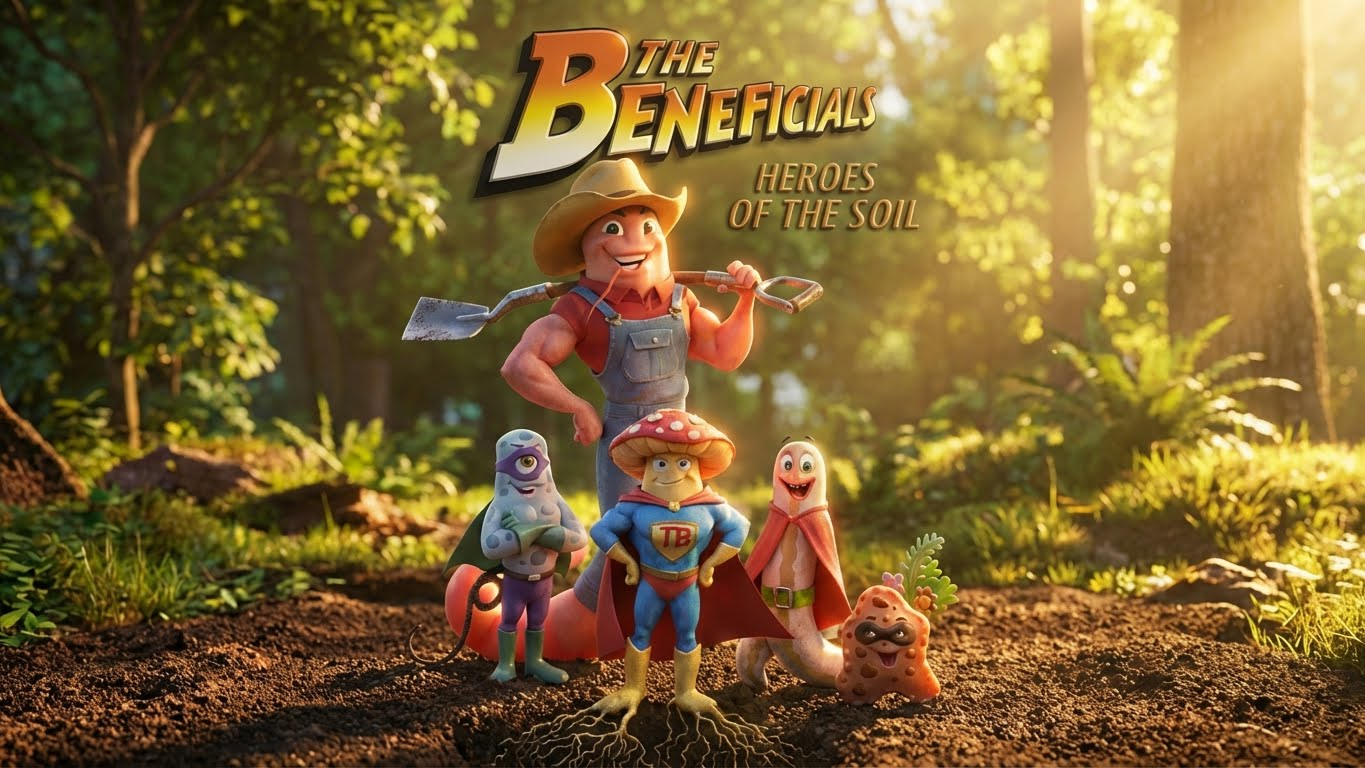10 gallons of leachate, creating a growing medium on bare ground
by Pat Holman
(Los Angeles, CA)
I've been vermicomposting for about 2 1/2 years, and have accumulated 10 gallons of leachate.
I also have a problem with the areas along the sides of my house where I got a new foundation a few years ago and all my topsoil was turned under. I have some leaf mold, and a LOT of dried leaves and grass.
I have 4 55-gallon drums of compost that get turned regularly.
What do I need to do to start good soil for growing on the bare areas?
Can the leachate be used in any of that process?
I will also probably be starting some storage bins for excess materials to be composted, and, of course, those things will probably start to compost before I get them into the barrels.
I have seeds for cover crops as well, if I can get just enough soil down to plant them successfully.
When I got my worm farm initially, the directions which came with it stated that I could use dilute leachate--50% leachate to 50% water, for house or potted plants, but that it could be used full strength on outdoor plants. Obvious misinformation.
I also use gray water from laundry, bathtub, washing produce, and dish-washing water for irrigating my plants, both fruit and vegetables. since we only get about 14" of rain a year, and soapy water is a liming agent.
I get plenty of grass clippings and leaves from people in my neighborhood, and even swiped a used Christmas tree to salvage the pine needles, which also raise alkalinity in the soil.
I'm trying to stay as organic as possible in this big city.
Anyone have any suggestions for any of this, the leachate and making new garden soil?
I need all the help I can get.
Thanks, Pat
Comments for 10 gallons of leachate, creating a growing medium on bare ground
|
||
|
||
|
||

